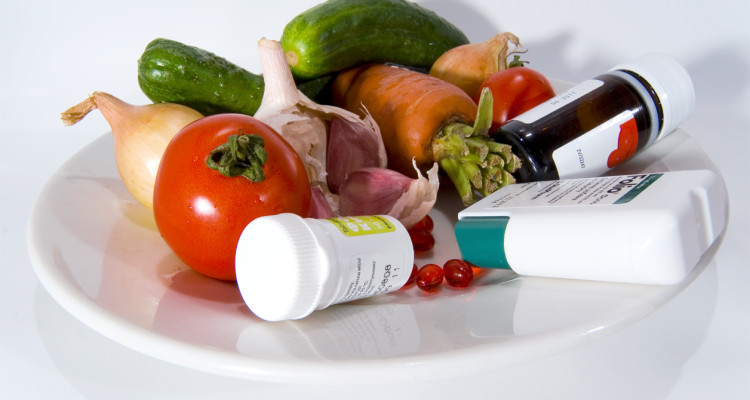Americans are overwhelmed with food options, but sadly, most of them aren’t great for us: we are often led to processed, preserved, and fast foods. Although a lot of these foods feel like they’re time-saving, we tend to ignore much healthier choices that are often just as convenient. Many of the food and drinks we consume contain questionable substances that are actually banned in Europe and other countries—and most of them are severely lacking in the vitamins and minerals that we require for optimal health.
Related: IV Vitamin Therapy: A Healthy Shortcut to Higher Energy
Micromineral and micronutrient deficiency is one of the least-discussed—but most critical—effects of an artificial food-heavy diet. While some great strides have been taken globally to address this issue, the U.S. Department of Agriculture has established that about 50% of Americans are deficient in magnesium, zinc, calcium, and vitamins A, C, and D, regardless of age. 80% of us are low in vitamin E, and 90% are lacking enough potassium.
Even if you’re a healthy eater, many of the fruits and vegetables grown today lack essential vitamins and minerals, as most produce is grown in micronutrient-depleted soil and land. In turn, the animals that we consume are also fed these micronutrient depleted products. This is how the unhealthy cycle is perpetuated: sick soil, sick plants, sick animals, and sick people.
In my practice, I test my patients’ micronutrient panels. I spend a lot of time educating patients on the American food industry and how micronutrient deficiency is related to many chronic medical conditions and poor quality of life as one ages. While we can get caught up in the “vitamin frenzy,” it is always crucial to consult with a knowledgeable integrative physician for the proper supplements that are high-quality. If you have a micronutrient panel tested by an integrative physician, they can help you determine exactly which supplements or nutraceuticals to prescribe, and help you develop a diet that will better suit your body’s needs. For general health, I tend to recommend a diet that revolves around plenty of fruits and vegetables (the deeper and richer the color, the better), avoiding meats and dairy, and consuming plenty of plant protein, which can be found in everything from beans and lentils to quinoa and some vegetables.
Deepa B. Verma, MD, ABIHM, is double board certified in family medicine and integrative holistic medicine. Her practice, Syngeristiq Integrative Health, is located in Clearwater, Florida. Dr. Verma believes that healthy and holistic living is the key to happiness and aging gracefully. Follow her on Twitter @DrDeepaVerma and subscribe to her Youtube Channel.
Still curious about optimizing your diet? Read on…
Eating Less Animal Protein May Save Your Life
5 Surprising Foods That Slash Stress
Why Paleo Diet Expert Diane Sanfilippo Won’t Pop Fish Oil Pills

